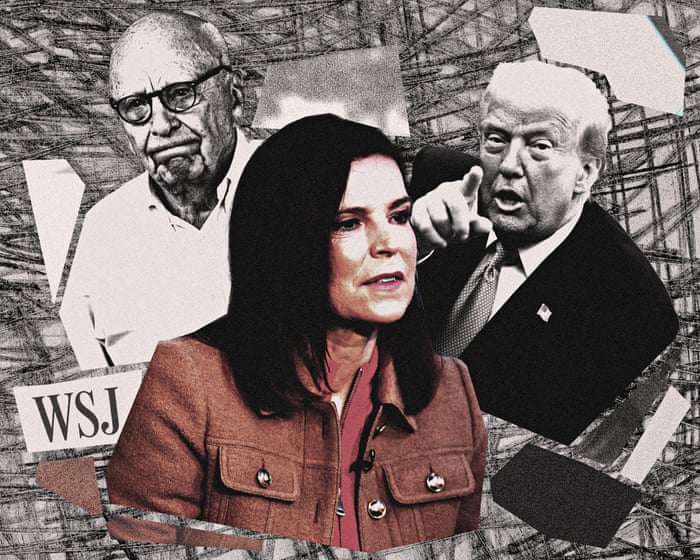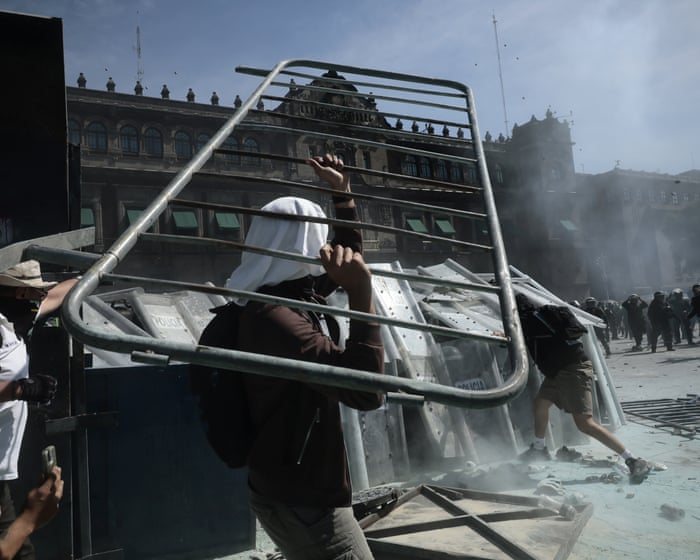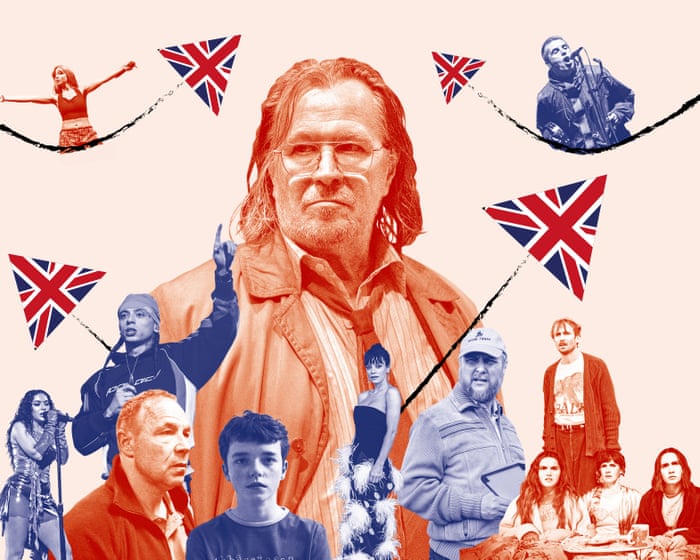Catherine Connolly, a left-wing independent candidate, has won a landslide victory in Ireland’s presidential election. Her opponent, Heather Humphreys, conceded on Saturday afternoon after early vote counts showed an insurmountable lead for Connolly.
Humphreys said, “Catherine will be a president for all of us, and she will be my president. I wish her all the very best.”
Unofficial but reliable tallies from count centers showed Connolly with 64% of the vote after two-thirds of ballots were counted. The 68-year-old candidate captured the imagination of many younger voters and was supported by a coalition of left-wing opposition parties in Friday’s election.
Although the presidency is largely ceremonial, Connolly’s win is seen as a significant rebuke to the center-right government.
Humphreys, 62, a former cabinet minister from the Fine Gael party, received 29% of the vote. Jim Gavin, 54, the Fianna Fáil candidate who withdrew late in the campaign but remained on the ballot, won 7%.
Spoiled votes reached a historic high of 13%, reflecting widespread frustration with the limited choices. Voter turnout was estimated at around 40% of the 3.6 million eligible voters.
Connolly expressed delight after the early results, saying, “I want to thank everybody, even those who didn’t vote for me. I understand their concerns about who will best represent them.”
The tallies indicated she even beat Humphreys in Fine Gael strongholds like south Dublin.
Connolly’s success was driven by public anger over the housing crisis and cost of living, campaign mistakes by Fine Gael and Fianna Fáil, rare unity among left-wing parties, and her effective use of social media, which made her a symbol of change.
Her supporters are excited about the prospect of her succeeding President Michael D Higgins and serving a seven-year term at the presidential residence, Áras an Uachtaráin. Connolly speaks Irish, advocates for equality, and wants to protect Irish neutrality from what she calls Western “militarism.” She has compared Germany’s military spending to the Nazi era and accused the UK and US of enabling genocide in Gaza.
The former clinical psychologist and barrister engaged young people through viral podcasts and social media posts, including videos of her doing keepy-uppy. Artists and musicians like Kneecap and the Mary Wallopers endorsed her.
Critics portrayed Connolly as a radical who avoided tough questions and could harm Ireland’s relations with the US and European allies.
While Irish presidents have traditionally played quiet, symbolic roles, figures like Mary Robinson, Mary McAleese, and Higgins have made the office more visible since 1990. During her campaign, Connolly said she would respect the role’s limits, which some saw as a promise to tone down her controversial views, but analysts still expect friction with the government.
When she announced her candidacy in July, Connolly was a marginal figure, backed only by small parties like the Social Democrats and People Before Profit. Later, Labour endorsed her, and Sinn Féin, which chose not to field its own candidate, provided strong support with its resources and organization.
Celebrities such as Bob Geldof, Michael Flatley, and Conor McGregor considered running but failed to secure the necessary political backing to get on the ballot.
Fianna Fáil’s candidate, Gavin, was a political novice who withdrew after a financial scandal derailed his campaign, though his name remained on the ballot. Fine Gael’s original candidate, Mairead McGuinness, dropped out due to health issues, leading the party to select Humphreys. Despite her wholesome, mainstream appeal as a Presbyterian from a border county, she performed poorly in debates.
Frequently Asked Questions
Of course Here is a list of FAQs about Catherine Connollys presidential election victory designed to be clear and helpful for a wide audience
General Beginner Questions
Q1 Who is Catherine Connolly
A Catherine Connolly is an Irish leftwing politician who has just been elected as the President of Ireland She previously served as an independent Teachta Dála or member of parliament for Galway West
Q2 What does leftwing mean in this context
A It generally means she advocates for policies focused on social equality public services like healthcare and education workers rights and greater government support for welfare and housing
Q3 What is the role of the President of Ireland
A The President is the head of state a largely ceremonial role They represent Ireland at home and abroad sign laws into effect and appoint the Taoiseach While they are expected to be nonpartisan they can use their platform to highlight important national issues
Q4 What does won by a landslide mean
A It means she won the election by a very large and decisive margin receiving significantly more votes than any of her opponents
Q5 Was she a member of a political party
A No Catherine Connolly ran as an independent candidate meaning she was not a member of a major political party like Sinn Féin or Fine Gael
Policy Political Stance
Q6 What were the key issues in her campaign
A Her campaign focused on tackling the housing and homelessness crisis promoting true equality protecting public services and advocating for a more transparent and accountable political system
Q7 How might her presidency be different from previous presidents
A As a vocal critic of government policy on housing and health from the left she is expected to use her bully pulpit to consistently highlight social injustices and put public pressure on the government to address them potentially more actively than some of her predecessors
Q8 Can the President make new laws or directly solve the housing crisis
A No The Presidents power is limited They sign laws passed by the parliament but cannot create them However they can use their influential voice to keep critical issues like the housing crisis at the forefront of national debate



